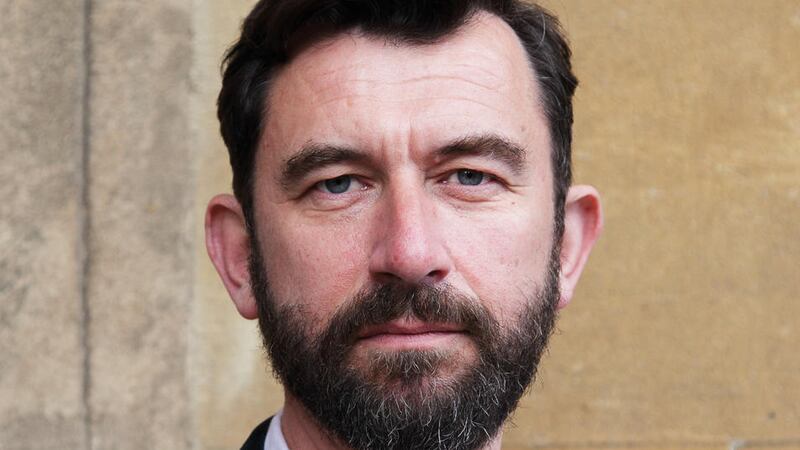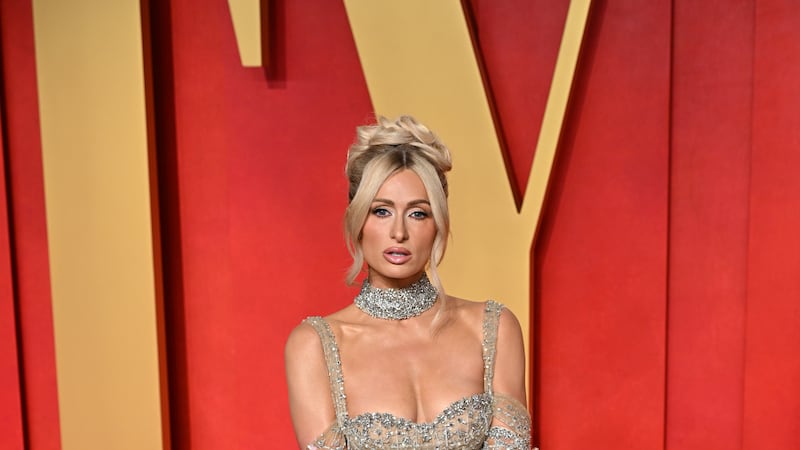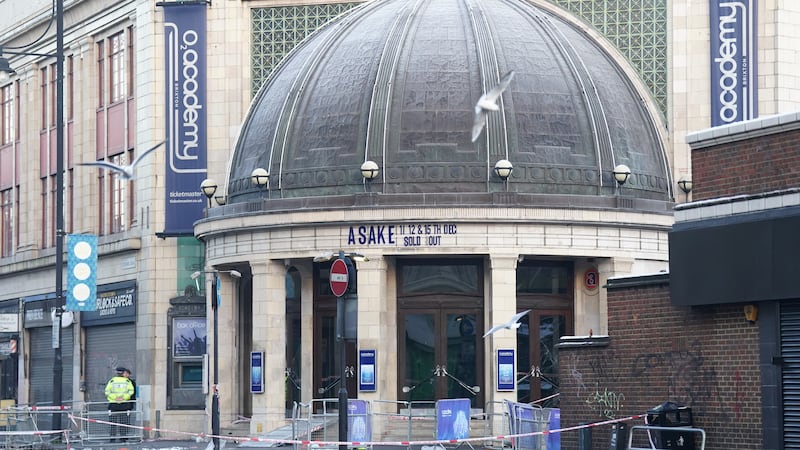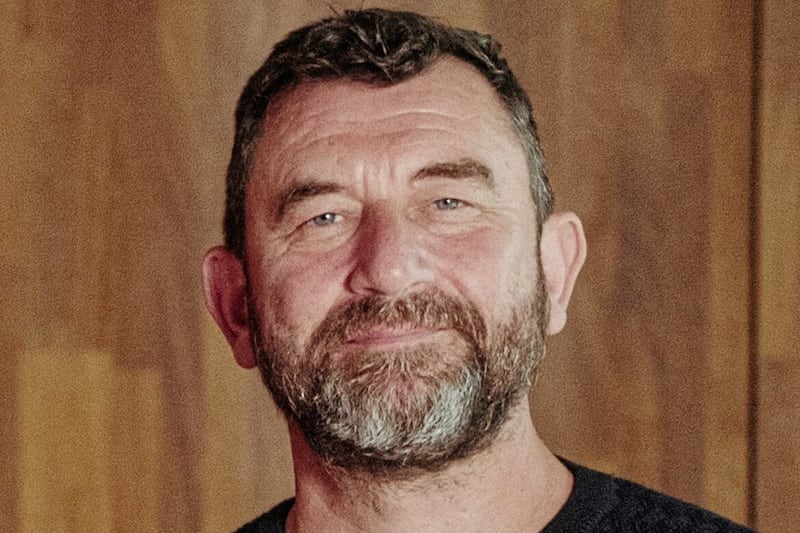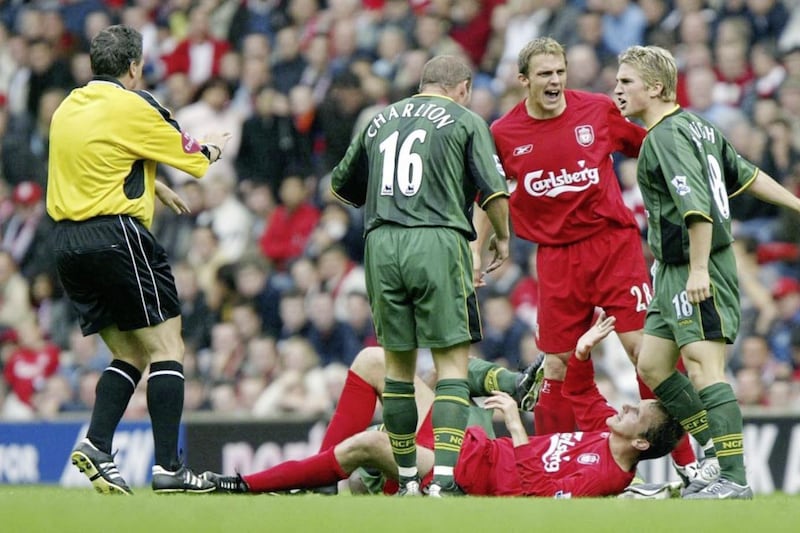How autobiographical is The Good Son?
Like Mickey, I grew up in Ardoyne during the Troubles. The first line of the book is Mickey saying "I was born the day the Troubles started.": I was born in October 1968.
For my first novel I wanted to be able to be authentic, to write something that I had absolute authority over. Mickey is like a 'television version' of me, who's funnier, smarter and braver than I was as a kid.
What was your original idea for the book?
At first I really felt that no-one was really talking about how really awful it was for a generation of working-class children who had nothing else but the Troubles to shape them. So initially, the story kind of led itself to darker and darker places and the book had a very different ending.
After having left it for quite a long time, I looked at the book again and sort of thought "What if this is the only book I ever write?". When I was a kid I loved watching really positive films. I'd come in from the burning cars and riots in the streets and watch It's A Wonderful Life. It gave me hope that there was some other world, some other kind of life out there that was positive and warm.
That was really strong in my mind when I rewrote it: I wanted it to be a novel about hope and resilience, which is why Mickey takes on the Troubles and everyone else in his life who's against him and 'wins'. It's a complicated win, but this little kid manages to outwit them all through his positivity and desire to succeed and escape. That really interested me more than the defeated, severely damaged child I'd written initially.
As Mickey remarks, "you can't get away with anything in Ardoyne". Was this 'pressure cooker' Troubles environment a useful dramatic device?
It was brilliant. There's a bit where Mickey is catching bees in a jar and he thinks "you can tell they hated being trapped so close together – you just knew they were going to end up killing each other." That kind of imagery was definitely in my head.
The really brilliant thing the setting gave me was that this child is different: he has a huge imagination. Mickey wants to escape – everyone else seems to have just accepted the way things are. But because he's under a kind of microscope where everything he does is noticed, the pressure is relentless. Different is not tolerated, so it becomes unbearable for him. Later on he actually realises, "I've just got to try really hard not to be me".
Will we be reading more about Mickey in the future?
I would love that. I really like this character and I could totally imagine another couple of books about him. Mickey will go off to school and just pretend to be someone else. He won't bring friends home, he'll just make up stories about where he lives, invent members of his family and maybe even have his da 'killed off'. He'll keep pretending until he's absolutely forced to live in reality.
You have written plays, stand-up comedy and you're also the director of the London Short Story Festival. What prompted your first novel?
With short stories, every sentence really has to count. They're more like a photograph of a moment in time, whereas a novel is more like a movie. Writing in the first person also allowed me to think in terms of a monologue and to play around with that to see how authentic I could make it.
It was really interesting for me to invent Mickey's 'voice', to create this character who was as rich as any living breathing person. When I finished writing, I really missed him.
:: The Good Son is out now, published by Salt. Visit Paul at Paulmcveigh.blogspot.com.
